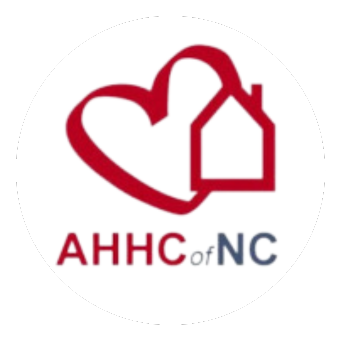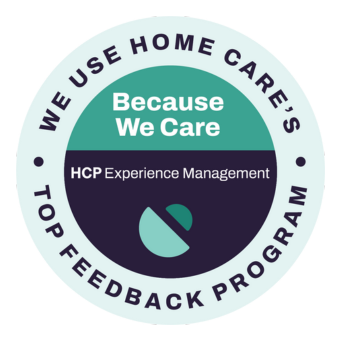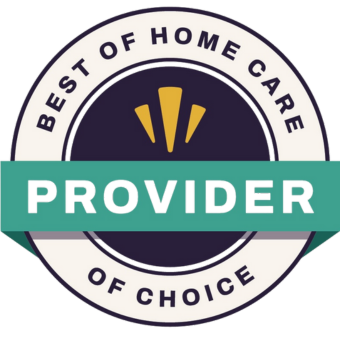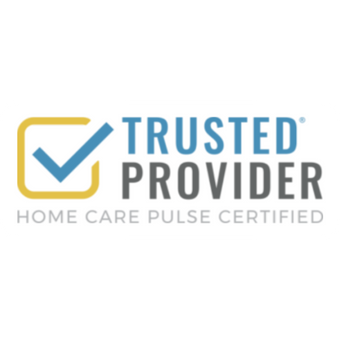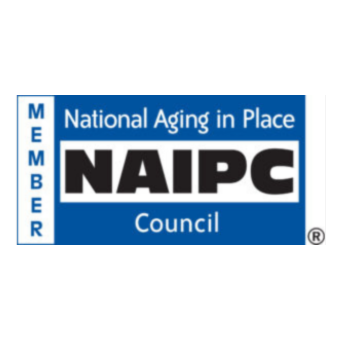Roughly one million Americans live with Parkinson’s disease (PD), including some individuals in Raleigh. Because of the way it affects the body, having a loved one diagnosed with PD can be a real game-changer for the entire family. April is Parkinson’s Awareness Month, making it the ideal time to learn more about Parkinson’s disease, how it impacts patients, and the role that professional caregivers and family caregivers play in the PD management process.
Understanding Parkinson’s Disease
Parkinson’s disease (PD) is a progressive neurodegenerative disorder that targets the central nervous system. PD primarily occurs due to a loss of dopamine-producing cells in the brain, leading to various motor and non-motor symptoms.
While PD may affect different people in different ways, common symptoms include tremors, rigidity, bradykinesia (slowness of movement), and postural instability. However, the disease can also cause non-motor symptoms such as depression, anxiety, sleep disorders, and cognitive impairment.
While the cause of PD remains unknown, several factors may play a role, including genetics and environmental triggers. Although there’s no cure for the disease, several medications may be used to treat the symptoms.
Assisting a Loved One in Raleigh with Parkinson’s Disease
Caring for someone with Parkinson’s disease can be challenging, but with the right knowledge and support, family caregivers can optimize care efficiency. Here are some caregiving tips to help you and your loved one navigate the journey:
Educate Yourself
Learn all you can about Parkinson’s disease, including the symptoms, medications, and potential side effects to better anticipate and manage them. Attend support groups or seek professional advice to gain insights and practical tips from experienced caregivers.
Create a Supportive Environment
Adapt your loved one’s living space to accommodate their changing needs. Remove tripping hazards, install grab bars in bathrooms, and ensure easy access to essential items. Consider assistive devices that can improve mobility, such as a walker, power chair, scooter, or cane.
Encourage Exercise and Physical Therapy
Regular exercise is essential for individuals with Parkinson’s disease. Encourage your loved one to engage in activities like walking, swimming, Yoga, or Tai Chi, as it helps improve balance, flexibility, and overall well-being. Physical therapy can also provide targeted exercises to manage specific motor symptoms.
Stick to a Routine
Establishing a routine can provide stability and familiarity, helping individuals with Parkinson’s navigate their day more effectively. Consistency in mealtimes, medication schedules, and exercise can reduce stress and promote a sense of control.
Communicate Effectively
Parkinson’s can affect communication skills, making it harder for individuals to express themselves. Be patient and attentive, allowing your loved one enough time to articulate their thoughts. Use simple visual aids, gestures, and alternative communication tools when necessary.
Practice Self-Care
Caring for someone with PD can be physically and emotionally demanding, making it essential to take breaks and seek respite care when needed. Reach out to family, friends, or support groups to share your experiences and find solace in the understanding of others facing similar challenges. Another option is to hire a professional in-home respite caregiver who can temporarily step in and provide the nurturing your loved one deserves.
How to Thank PD Caregivers During Parkinson’s Awareness Month
Whether they are paid or unpaid, caregivers play a vital role in the lives of those with Parkinson’s disease, providing unwavering support and care. Parkinson’s Awareness Month provides the perfect opportunity to show your appreciation for their selfless dedication.
Here are some ways to thank the caregivers in your life:
Express Your Gratitude
Simply saying “thank you” can go a long way in showing appreciation. Whether you do it face to face, in a greeting card, or via text or email, make it a point to express your gratitude regularly and sincerely, acknowledging the effort and sacrifices your caregivers make.
Lend a Helping Hand
PD caregiving can be overwhelming. Offer to assist with specific tasks, such as grocery shopping, meal preparation, or running errands, as these small gestures can provide caregivers with much-needed relief.
Provide Emotional Support
Because PD caregivers often experience emotional strain and stress, offer support whenever your caregiver needs to vent or share their feelings. Encourage them to take periodic breaks and prioritize self-care.
Gift of Time
Give caregivers the option of taking time off by offering to shoulder their responsibilities for a day or arranging respite care. Gifting your time will allow them to recharge and focus on their well-being.
Recognize Their Efforts Publicly
If you know a professional caregiver, friend, or relative who’s significantly impacted your loved one’s life, nominate them for recognition or share their story on social media. This public acknowledgment can help raise awareness about the importance of their role and inspire others.
Parkinson’s Awareness Month offers the perfect opportunity to focus on understanding the disease while acknowledging the invaluable work PD caregivers provide. Together, we can all make a difference in the lives of those living with Parkinson’s disease and their dedicated caregivers!
The Role of Professional Home Care in PD Management
As the disease progresses, home care services may become necessary for those with Parkinson’s to help them maintain their quality of life and independence. Most home care providers offer a comprehensive lineup of services that can ease the burden on family caregivers.
While assisting clients with PD in the comfortable surroundings of home, professional caregivers provide these services:
Personalized Care and Support
One of the primary goals of home care is to provide personalized assistance based on the individual’s specific needs. Home care professionals can assist with activities of daily living (ADLs), such as bathing, dressing, and grooming, ensuring that individuals with PD maintain their independence while receiving the care and support they need.
Medication Supervision
Home care providers play a vital role in assisting with medication management for individuals with PD. Their caregivers help individuals adhere to their medication schedules and proper dosages while monitoring potential side effects. This supervision ensures individuals receive the maximum benefit from their prescribed medications, helping to manage symptoms effectively.
Mobility Support and Rehabilitation
Maintaining mobility can be challenging for those with PD. Home care professionals can assist with exercises, and physical therapy routines, and provide support with mobility aids such as walkers or canes. Caregivers also help create a safe home environment by minimizing fall risks and recommending home modifications to enhance accessibility.
Emotional Well-Being
Adapting to life with Parkinson’s can take an emotional toll on individuals and their loved ones. In-home caregivers offer companionship, emotional support, and a listening ear. By developing long-term relationships built upon trust, they can provide reassurance, reduce feelings of isolation, and improve their client’s mental well-being.
During Parkinson’s Awareness Month, it is important to recognize the critical role that home care professionals play in assisting individuals with Parkinson’s Disease. By offering a holistic yet personalized care approach, home care providers empower individuals with PD and their families to live their lives to the fullest!
Celebrate Parkinson’s Awareness Month This Year with Us
Helping a loved one manage Parkinson’s disease can be challenging. When you need assistance, contact HomeChoice Home Care Solutions in Raleigh. As a fully licensed and insured home care provider, our highly trained professionals can provide the in-home PD care and support you deserve. While serving as an extended family in the home, our caregivers can perform various duties, including Companionship Care, Personal Care, and Respite Care.
While assisting clients in Raleigh, Durham, Wake County, Johnston County, Wake Forest, Chapel Hill, and North Carolina, our agency’s focus is maintaining your loved one’s quality of life, along with their dignity, self-esteem, and independence. For your added convenience, all our in-home services can be individually personalized into an affordable package when and where you need them! Please visit HomeChoice Home Care Solutions online now to learn more about our PD management services or schedule a FREE consultation for someone in our service area.

